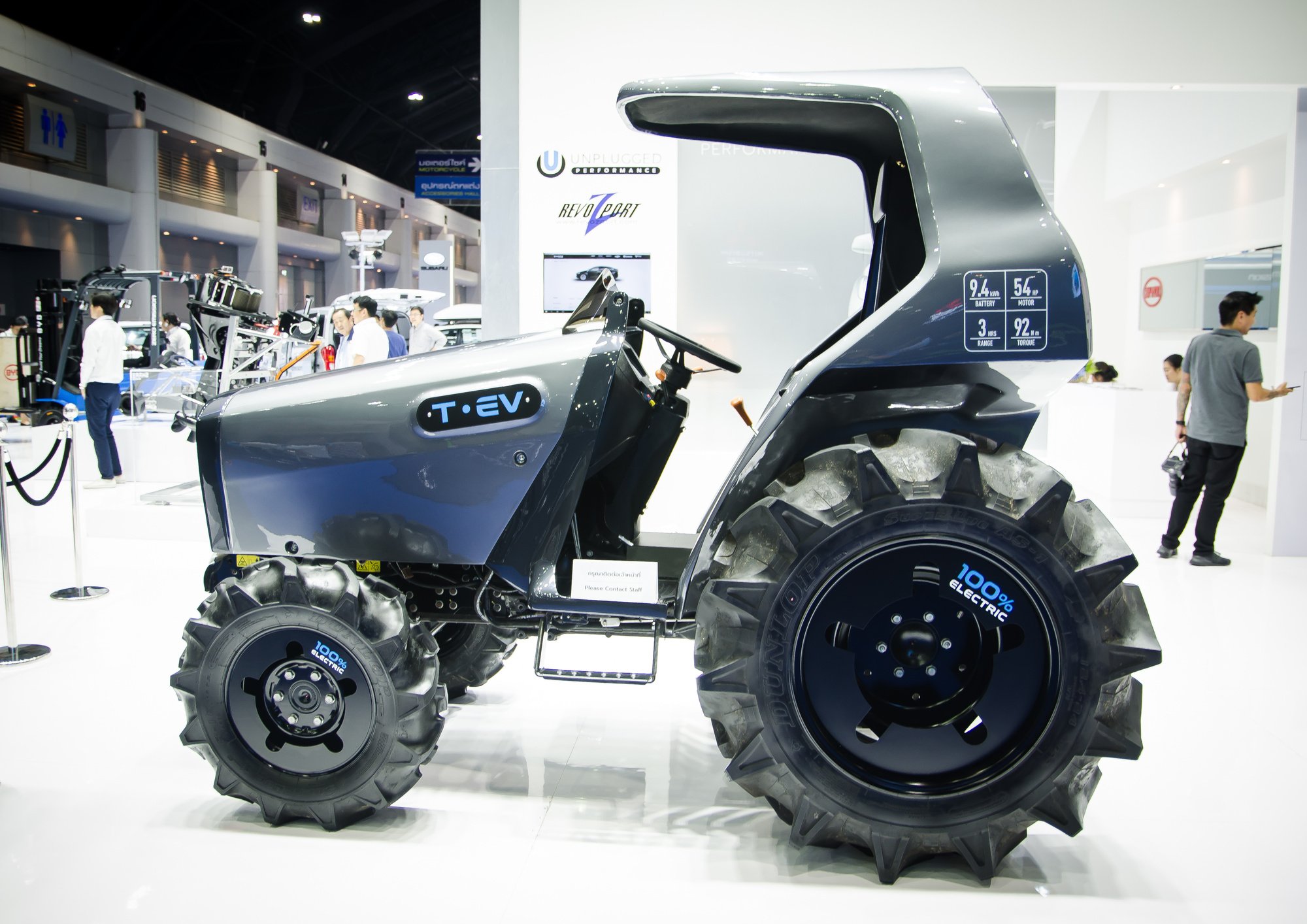Enhancing Farm Sustainability With Electric Vehicles
/Electricity is essential to our everyday lives, powering homes and devices we use daily. However, the agricultural sector is an industry that requires a lot of power to produce food for the growing world population. As such, finding sustainable solutions in farming is crucial to protect the environment and ecosystem. The adoption of electric vehicles in farming can significantly enhance sustainability, reducing carbon emissions and contributing to a cleaner, greener future.
This article explores the benefits of electric vehicles to farming in your home, particularly in terms of sustainability, energy efficiency, and cost savings, making it an important investment that farmers should consider.
Benefits Of Electric Vehicles On Farms
Electric vehicles (EVs) have emerged as a game-changer for the agricultural industry, offering many benefits for farms looking to enhance sustainability and reduce their environmental impact. The adoption of electric vehicles on farms brings a range of advantages that extend beyond reducing carbon emissions. The benefits of integrating EVs into farm operations are undeniable, from lower operating costs to increased energy efficiency. In this section, we will delve into the various benefits electric vehicles offer farms, highlighting how they contribute to a greener and more sustainable future in agriculture.
Reduced Emissions And Environmental Impact
By switching from traditional gasoline or diesel-powered vehicles to electric ones, farms can significantly reduce their carbon footprint. EVs produce zero tailpipe emissions, contributing to cleaner air and mitigating climate change. With increasingly renewable energy sources powering the electric grid, the overall emissions associated with EVs continue to decrease. By embracing electric vehicles, farms can make a positive environmental impact.
Cost Savings
Electric vehicles offer substantial cost savings in the long run. Although the upfront purchase price of an EV may be higher compared to conventional vehicles, the operational costs are significantly lower. Electricity is generally cheaper than gasoline or diesel, lowering fuel costs per mile. Moreover, EVs require less maintenance since they have fewer moving parts and no oil changes. These cost savings can help farms allocate their resources more efficiently and improve their overall financial sustainability.
Energy Storage And Backup Power
Electric vehicles can serve as mobile energy storage units on farms. They can be charged during off-peak hours when electricity prices are lower and excess power is available. This stored energy can power farm equipment and irrigation systems or backup power during emergencies or grid outages. By leveraging the capabilities of EVs for energy storage, farms can increase their resilience and reduce reliance on external energy sources.
Enhanced Efficiency And Productivity
Electric vehicles offer improved efficiency and productivity on farms. With their instant torque, EVs provide:
Quick acceleration and better maneuverability
Making them ideal for various farming tasks such as hauling produce
Transporting equipment
Tending livestock
Additionally, electric farm machinery, like tractors or harvesters, can operate more quietly than their conventional counterparts, reducing noise pollution and providing a more comfortable working environment for farmers and farm animals.
Renewable Energy Integration
Integrating electric vehicles with renewable energy sources on farms creates a synergistic relationship. Farms can install solar panels or wind turbines to generate clean energy, powering electric vehicles. This renewable energy integration further reduces the carbon footprint of both the transportation and energy sectors. By embracing this symbiotic approach, farms can achieve greater energy independence, reduce reliance on non-renewable resources, and contribute to a more sustainable future.
Noise Reduction
One often overlooked advantage of electric vehicles on farms is their ability to minimize noise pollution. Traditional gasoline or diesel-powered vehicles can produce significant noise levels, disrupting farm workers and neighboring communities. On the other hand, electric vehicles operate quietly, reducing noise pollution and creating a more peaceful environment. This benefit is especially important when farms coexist with residential areas or livestock may be sensitive to excessive noise.
Diversification of Energy Sources
By incorporating electric vehicles into their operations, farms can diversify their energy sources. Instead of solely relying on fossil fuels for transportation and machinery, farms can tap into the growing availability of renewable energy. This diversification helps reduce dependence on finite resources and fosters a more resilient and sustainable energy system. Furthermore, farms can contribute to the stability of the electric grid by utilizing their EVs as a distributed energy resource during peak demand periods.
Conclusion
Incorporating electric vehicles into farming practices offers many benefits, ranging from reduced emissions and cost savings to improved efficiency and renewable energy integration. By adopting EVs, farms can enhance their sustainability efforts, contribute to a cleaner environment, and ensure a more prosperous future for future generations. Embrace the potential of electric vehicles on your farm and be a driving force in the transition towards a greener and more sustainable agricultural sector.






















